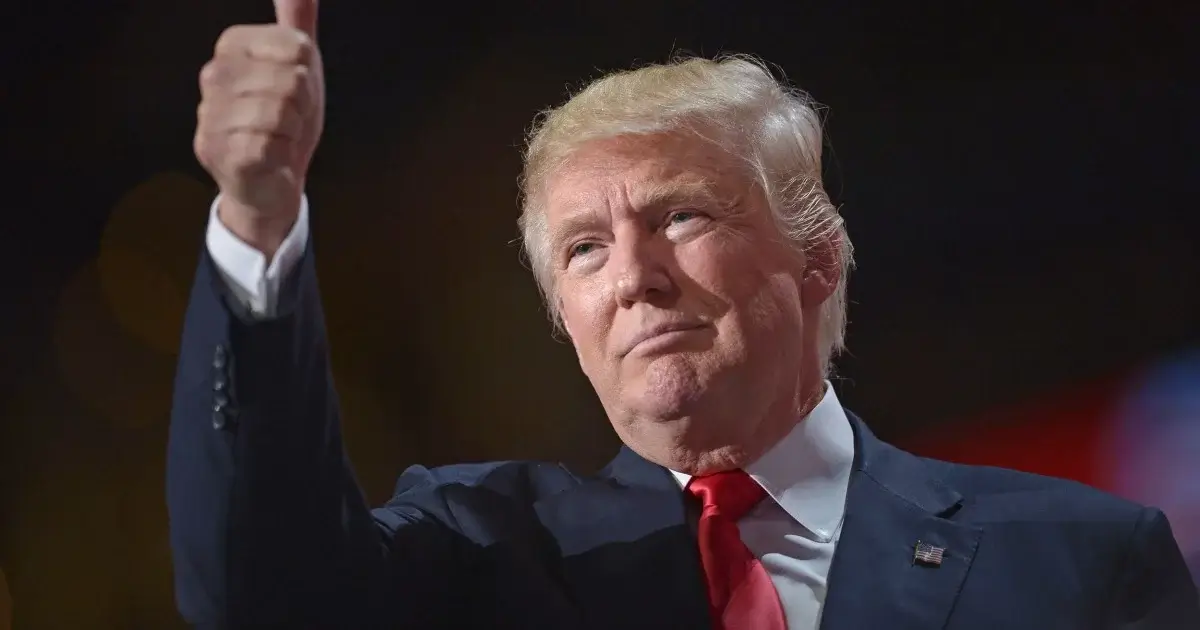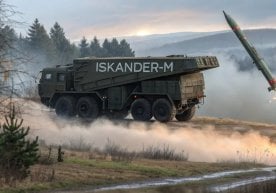Analysis: Zelensky’s cautious response and a hesitant Trump

BBC correspondent Frank Gardner notes that Zelensky's response to Vladimir Putin's late-night offer was cautious and diplomatic.
One might have expected the Ukrainian leader to sharply criticize his Moscow counterpart for not agreeing to a 30-day ceasefire demanded by Kiev and its Western allies.
Instead, Zelensky, in a post on the social network X, called it "a good sign that the Russians are finally thinking about ending the war."
According to the correspondent, it is difficult to say whether this is really true or not, because in this case it is mainly about external influence, not about the essence of what is happening.
Gardner believes that neither Putin nor Zelensky want to be seen as an obstacle to peace in the eyes of Donald Trump.
The main question now is what Trump will do. And here, the correspondent argues, there are two main options.
Trump could think that Putin is trying to get him to come up with excuses not to agree to a ceasefire.
Or Trump, given his historically warm relationship with Putin, could offer the Russian leader a diplomatic “green light” and instead start putting pressure on Ukraine. Such pressure could be aimed at forcing Kiev to attend the talks in Istanbul and listen to Moscow’s demands, regardless of whether it will cease fire on Monday, concludes Frank Gardner. Read “Zamin” on Telegram!
Ctrl
Enter
Found a mistake?
Select the phrase and press Ctrl+Enter 





















